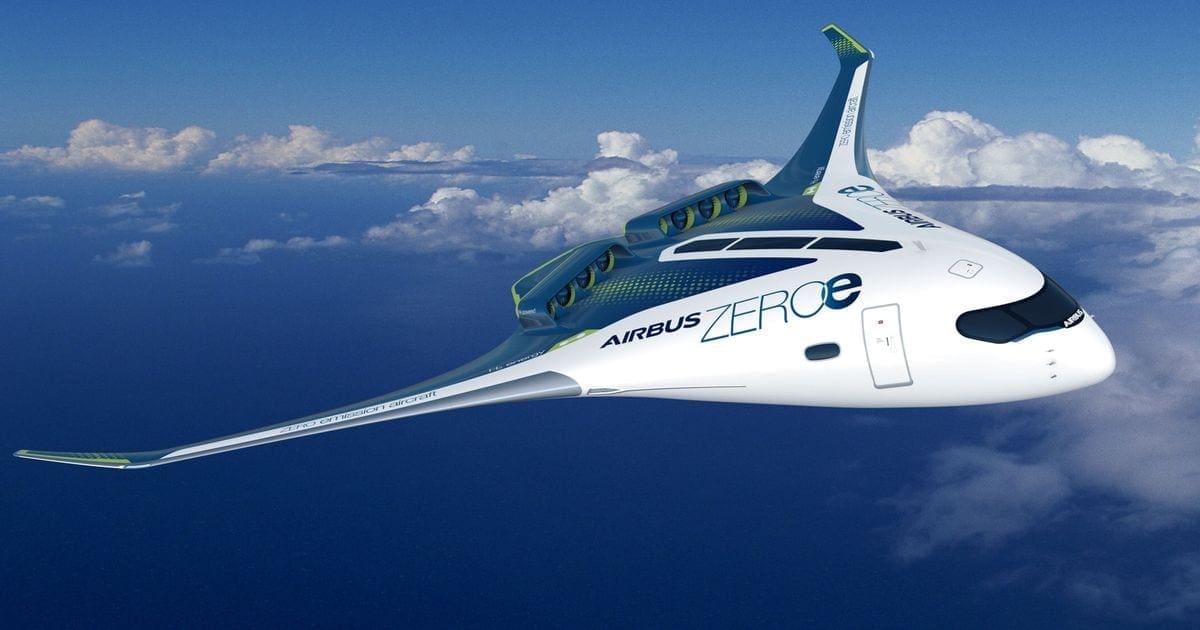Travel Begins at 40 Founder, Mark Bibby Jackson, argues that the travel and tourism sector should move towards a clean and green future as it recovers from a calamitous 2020.
Let’s face it 2020 was a pretty miserable year all round. It didn’t really matter who you were, apart from Jeff Bezos, nobody has emerged from the year unscathed.
The travel and tourism sector has been particularly hard hit, with international flights and holidays practically ground to a standstill. Yes, there was a surge in domestic tourism in many parts of the world towards the middle of the year, but Covid’s second wave has pretty much put paid to that. So what of 2021?
2021 : a Slow Recovery
It would be great to say that the industry is going to rebound with the vigour of a child on an over-inflated bouncy castle, but the reality will be somewhat more harsh.
With many parts of the world either banning international travel or placing onerous restrictions upon entry the reality is that the keenly awaited recovery will not be any time soon. Domestic tourism should continue to fare better than international, but any real sectoral upturn will be largely dependent on the success of the vaccines and the establishment of robust travel passports or digital wallets.
Even then the face of tourism will be considerably altered.
At least for the medium term it will become increasingly difficult just to jump on a plane, bus or train and wing it. Many destinations will demand onward tickets, insurance to cover any Covid complications, and a full itinerary including hotel bookings. The future of travel might be more digitised but it will also be less spontaneous.
A Clean and Green Travel Future

In the long-term travel could also become more clean and green. Many travellers would prefer their travel to be more beneficial both to the host destination and the planet. ABTA research from October 2020 showed that more than half of consumers believe that in the post-COVID era, the travel industry should reopen in a greener and more sustainable way. That doesn’t just mean banning single-use plastic and placing a sign on your bed asking for your sheets not to be changed.
The traveller of the 2020s wants her travel to be more meaningful, whether this involves acquiring a new skill, or forging more meaningful – and equitable – relationships with the host community. For many, phrases such as community-based, sustainable and eco-tourism have been part of a PR-driven greenwash to salve the conscience of thoughtful travellers while they are sipping their cocktails on the perfectly-manicured beaches.
To that list you can add regenerative tourism.
While Travel Begins at 40 fully supports such measures when they come from the heart rather than the pocket, we believe that the conscious traveller should consider the future of the planet when making her travel choice.
Changing the Deckchairs on the Titanic
What is the point in supporting a sustainable and eco-conscious tourism project in the Maldives, if your carbon footprint is contributing to the climate change that will submerge the same islands beneath rising ocean levels within many of our lifetimes?
“It’s like changing the deckchairs on the Titanic,” says Professor Geoffrey Lipman, the man behind SUNx Malta, an organisation established to promote climate-friendly travel. Part of the SUNx programme is a Climate Friendly Travel Ambitions Registry, where organisations can register their carbon plans in order to achieve the Paris Agreement 2050 targets.
Last year, SUNx Malta launched a diploma in climate-friendly travel with the ITS Malta. I enrolled little knowing what to expect.
Climate Friendly Travel Hope

I discovered that, despite the numerous setbacks of 2020, there is much hope within the travel and tourism sector. Many grassroots organisations are offering sustainable tourism products that contribute to the development of the local community. Internationally there is an expanding network of people committed to making the industry carbon-neutral by 2050 through initiatives such as carbon offsetting, sustainable aviation fuels and by 2035 hopefully the first hydrogen-powered plane.
Over the pursuing year, Travel Begins at 40 will make its own contribution to the movement by posting a series of articles on sustainable and climate-friendly travel. We are calling this #sustainablesunday, and the first article focuses on Valencia and the Tourism of Tomorrow, with the second featuring Montenegro’s drive for responsible and sustainable tourism.
It might not seem like it at the moment, but there is much to hope that travel can rebound in a much more positive direction than it was heading before the Covid pandemic struck. Let us all play our part to ensure that the travel and tourism sector has a clean and green future.
If you know of a sustainable or climate-friendly travel project you think we should cover, then please contact me at bibby@travelbeginsat40.com.



